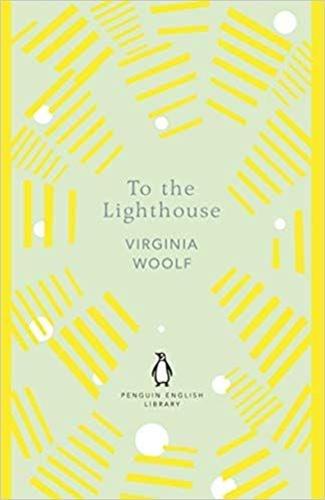
We’ve all been to social gatherings in which individuals from various sub-gatherings are all talking at the same time. Over the general cacophony, we occasionally pick up a few phrases from someone expounding on a particular subject, only to have our attention interrupted by someone in a different sector of the room expounding on something else. Then another individual’s words come to the fore. Then we’re back with the first person. And so on…
Imagine if, in such a scenario, instead of hearing fragments of individuals’ conversations, you could segue between their inner thoughts. Well, that’s what happens in To the Lighthouse. If this sounds bewildering, you’re not far off the mark.
Nothing much happens in this novel. Which is why I’m not making any attempt to summarise the plot, such as it is. But, while nothing much is happening, a great deal of inner dialogue takes place. Then time passes. Then there are resolutions of sorts.
If my description of this novel sounds dismissive, I don’t mean it to be. Not many people could pull this sort of thing off, but Virginia Woolf somehow manages it.
To the Lighthouse is good. I’m glad I read it. But it’s far from an easy read.
- Buy this book from Bookshop.org (UK) and help tax-paying, independent bookshops.
- Buy this book from Amazon.co.uk
- Buy this book from Amazon.com
Disclosure: I received a free copy of this book from the publisher as thanks for responding to a marketing exercise.
This is a very overrated book. The characterization is flimsy, the characters uninteresting. The stream of consciousness produces long sentences which are often undecipherable and must be reread several times. Woolf's use of dreamy metaphors is sometimes impressive, but overall I couldn't wait to finish it, just to get it over with.